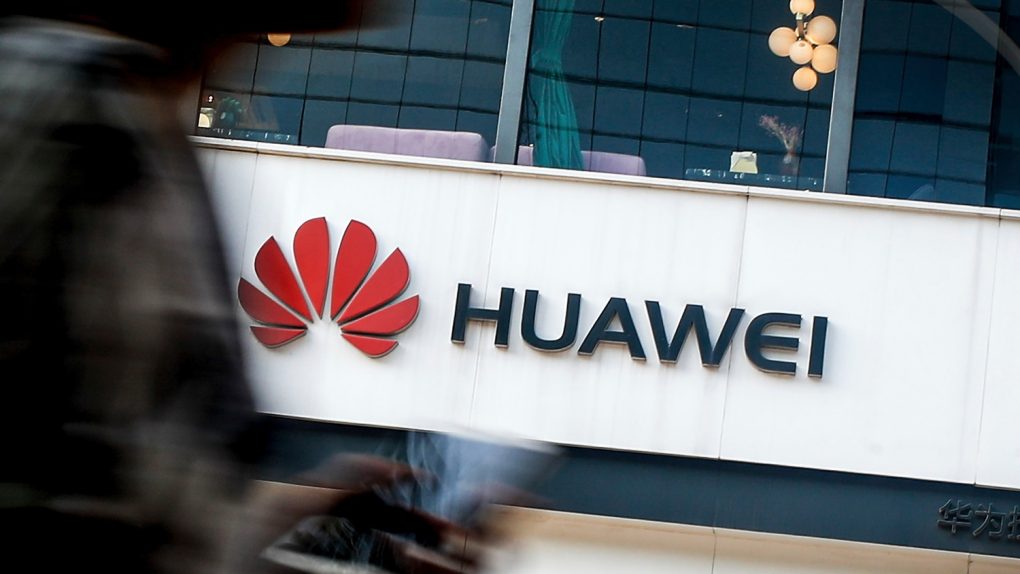Well, after months of quite assertive posturing from Huawei — that it could survive the ban from the Trump administration, thank you very much, and that it also has a Plan B for losing access to Android — the world’s #2 smartphone manufacturer seems to be changing its tune. In a new interview with The Financial Times, a senior executive with the company seems to finally come around to what we expected all along:
Namely, that any viable replacement the company could use in place of the Android mobile OS won’t be ready for a while — perhaps years.
The executive in question is Joy Tan, vice president of public affairs in the US for Huawei. “We have to find alternative solutions for (the Android) ecosystem,” she says in the interview, “but it’s going to take some time to build. There are so many Android users in Europe and Southeast Asia, and they’re so used to these Google applications on top of Android phones.”
As we said, that’s a pretty dramatic about-face for the company and flies in the face of remarks back in August from Richard Yu, CEO of Huawei’s consumer division, who said at the time that Huawei could “immediately” switch to its proprietary HarmonyOS, the new smartphone operating system it unveiled around the same time, to replace Android whenever it needs to.
Calling renewed attention to a key consequence of the Huawei ban — losing access to Google services — was the recent release of the Mate 30, Huawei’s first phone that lacks such access, with zero Google apps. It’s widely understood that the phone stands little chance of success in the rest of the world outside China, given how much reliance there is among Android users on Google apps like Gmail and Google Maps.
The Trump administration’s attempt to kneecap Huawei’s global growth has been a dramatic story to watch unfold, especially when you consider the lengths to which US officials have gone — such as the Huawei sting that FBI officials executed at CES earlier this year. Unfortunately for the company, the US shows no sign of easing up at all, as a result of its insistence that Huawei is too cozy with the Chinese government, which is one of the leading antagonists of the Trump White House.







